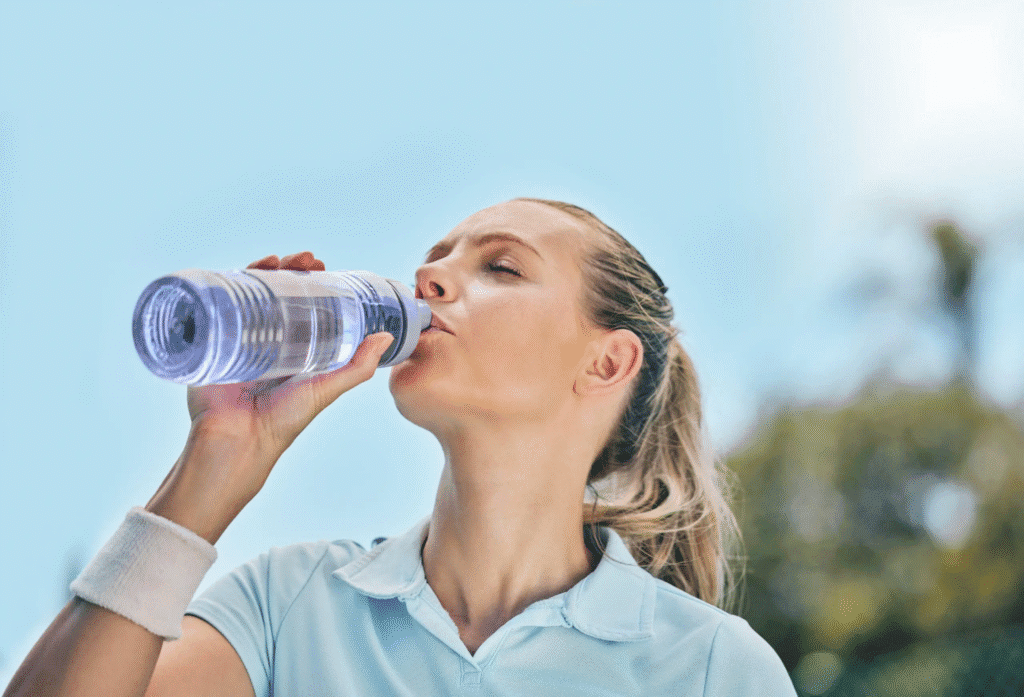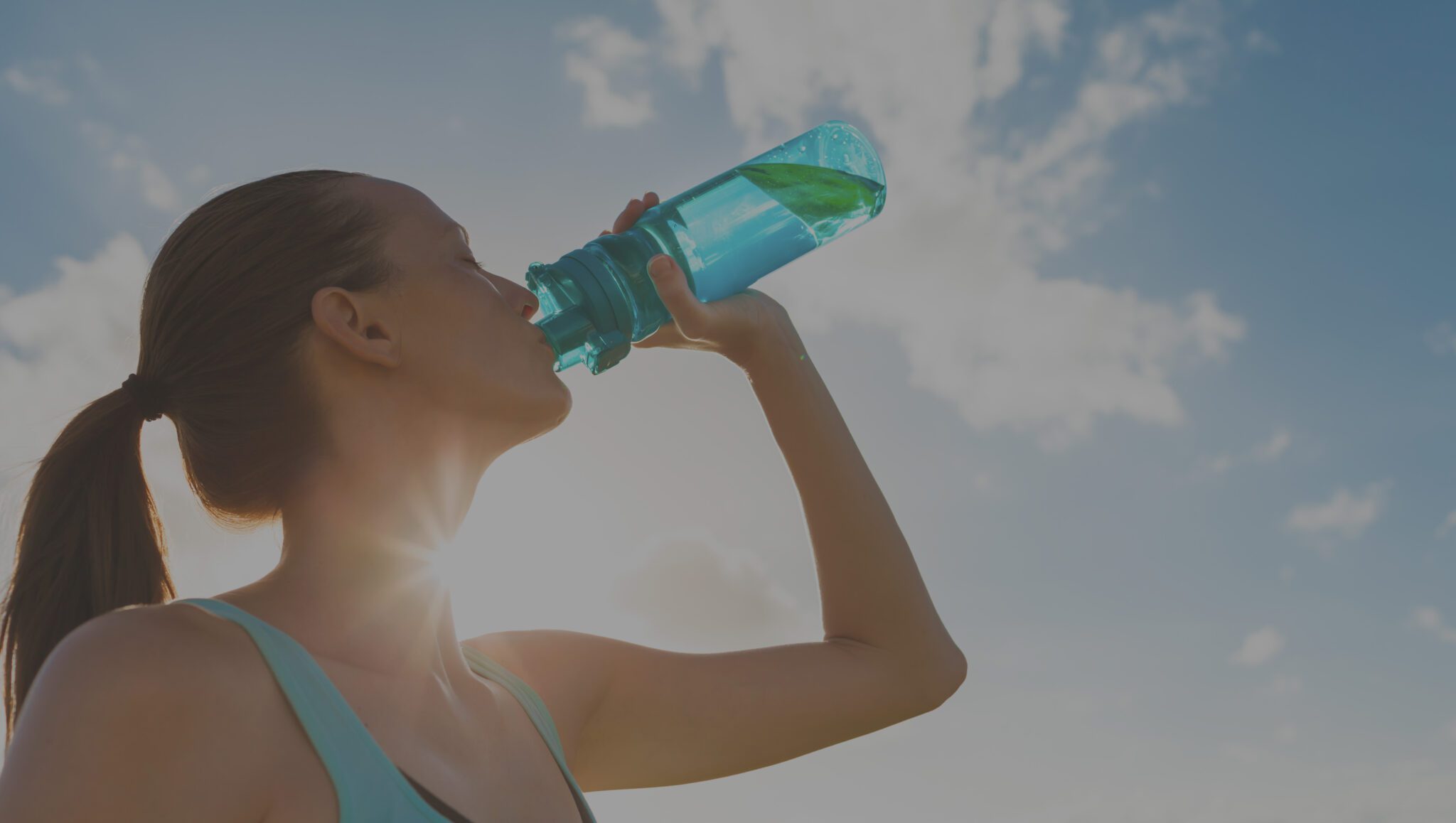Proper hydration is crucial for maintaining healthy skin, and drinking sufficient water plays a vital role in this. Hydrating from the inside out is one of the easiest ways to keep skin nourished, plump, and glowing. Water works internally to support cellular function, circulation, and skin elasticity. Here’s why staying hydrated is essential for your skin’s health:
Benefits of Drinking Water for Skin
- Moisture Retention: Drinking water ensures that skin cells stay hydrated, helping to prevent dryness, dullness, and fine lines by maintaining a supple texture.
- Detoxification: Water helps flush out toxins, promoting clearer skin and reducing the likelihood of acne and other skin irritations.
- Improved Circulation: Adequate hydration boosts blood flow, giving your skin a healthier, more radiant appearance by helping nutrients reach the skin more effectively.
Daily Water Intake Recommendations
Experts recommend drinking eight 8-ounce glasses of water a day, commonly known as the “8×8” rule. However, individual hydration needs may vary based on factors like physical activity, climate, and overall health. Incorporating water-rich foods like watermelon, oranges, and cucumbers can also support hydration.
Hydrating Foods and Drinks
While water is key, certain foods and beverages can further boost skin hydration:
- Coconut Water: Packed with electrolytes, coconut water is an excellent post-workout hydration option.
- Green Tea: Rich in antioxidants, it helps combat oxidative stress and protect skin cells.
- Smoothies: Hydrating fruits and vegetables can be blended into delicious smoothies, like a mix of oat milk, spinach, banana, and chia seeds, which not only hydrate but also provide essential nutrients.
External Hydration: Skincare Practices

In addition to internal hydration, external skincare practices are essential for locking in moisture and protecting the skin. Using hydrating products helps maintain a healthy barrier and prevents dryness.
Top Hydrating Skincare Ingredients
To keep skin hydrated, choose products with ingredients that attract and retain moisture:
- Hyaluronic Acid: Known for its water-binding properties, it helps retain moisture throughout the day.
- Glycerin: This ingredient draws moisture into the skin, making it softer and smoother, especially beneficial for sensitive or dry skin.
- Ceramides: These help to reduce water loss and are ideal for products targeting aging or dry skin.
Best Practices for Skin Hydration
- Moisturize Daily: Use a good moisturizer to lock in moisture, preferably plant-based products free from harsh chemicals.
- Limit Hot Showers: Hot water can strip the skin of its natural oils. Use lukewarm water and always moisturize afterward.
- Hydrating Masks: Weekly hydrating masks containing hyaluronic acid, aloe vera, or oat extracts can provide an extra moisture boost.
Protecting Skin from Environmental Factors
The skin’s protective barrier is constantly exposed to environmental factors like UV rays, pollution, and extreme weather conditions. Protecting the skin from these stressors is vital for maintaining hydration:
- Sun Protection: Apply a broad-spectrum sunscreen daily to protect against UV rays, which can dehydrate and age the skin.
- Humidifiers: Using a humidifier, especially in dry climates or indoors, can help maintain skin hydration by adding moisture to the air.
Hydrating Foods and Skincare Combo
Combining hydrating foods with effective skincare routines ensures optimal hydration for healthy skin:
- Cashew Butter: Packed with healthy fats and vitamins, it supports glowing skin and can be added to smoothies or recipes.
- Oat Milk: This vegan alternative to dairy helps keep skin nourished and hydrated, supporting smooth skin texture.
Conclusion
To maintain radiant, healthy skin, it’s important to focus on both internal and external hydration. Drinking enough water, consuming hydrating foods, and using moisturizing skincare products all contribute to skin health. Adopting simple habits like moisturizing regularly, protecting your skin from the sun, and staying hydrated internally will lead to long-term skin health and resilience.
Also Read : How to Use Retinol Without Irritating Your Skin: A Beginner’s Guide



